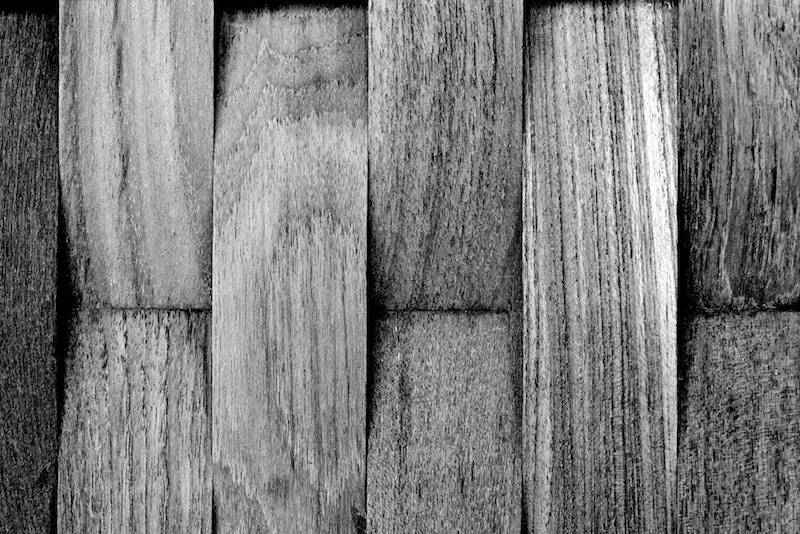|
|
| Oct/Nov 2018 • Spotlight |
|
|
| Oct/Nov 2018 • Spotlight |

Bread
My father stands with his back to the wall,
clutching his fists. The boys are tall. They lowertheir shaved heads. Show us your hands,
they say. If you're not hidinganything. My father knows he'll cry soon.
He calls grandma, but she can't hear him.Grandma is trudging uphill, toward
the corn field, holding her belly. My fatheris three years old. It's the summer of 1948.
Long convoys carry the Moldovan grainsto the impoverished Russian republic. Long convoys
carry the grains from other soviet republicsto poor Russia. Moldova is a sunny country,
its people can survive on what's leftafter the harvest. Grandma has seven babies
before my father. Six of them dieduring the famine. Liubomir, the first-born,
can take care of himself. My father looks up to him.Big brother kills rats with a slingshot.
He buries them under the embers. Their meatis delicious. Liubomir catches fish with his own
fishing rod. He made it from a willow branch,because willow is limber and doesn't break.
If the river wasn't blasted out of its bedwith dynamite, they would eat fish every day.
Nobody bothers my father when Liubomiris around. But Liubomir left for Chisinau.
A bunch of weirdly dressed peoplecame to the village a few weeks ago.
They had the older boys dance horas and sârbas.They said Liubomir would become famous.
This morning, my father sits on the bed,looks out the window. The yard is filled
with mud cakes. He baked them himself.They look like the round loaves
grandma pulls out of the oven on Sundays.My father bit into one of his loaves, but it tasted
like dirt. Liubomir would knowhow to make them taste better.
My father watches grandma get readyfor work. She's tall and pregnant. Long hands.
Drooping shoulders. She's Russian, but nobody caresbecause she works hard and her family is as poor
as everyone else's. Grandma is aboutto give birth to uncle Boris, who'll survive
his childhood, father two children,then die in a brawl in his twenties.
Grandma reaches into the cupboard, behindthe clay dishes, where she hid the small piece
of bread grandpa gave her. Grandpa travelsfrom village to village to mend clothes for food.
It's hot, no one needs clothes, but people take pityon his pregnant wife, his dead children.
The bread he brings home is dark, dusty, dry,but it's life. It gets softer when moistened
with your tongue. Grandma won't eat it herself.She's never hungry, though she fainted
in the field twice this summer. It's becauseof the sun, she says. She gives my father
the bread, tells him to stay inside or playin the yard. The other boys watch her
leave for the fields. When she's out of earshot,they rush into the yard, they break
into the house to find my fatherlicking his bread in the dark. They want
that bread, they haven't eaten in days,some of them will die soon.
They kick and pummel my three-year-oldfather, wrench the soggy lump
from his hand, fight over it. They don't knowhow to divide what they stole.
The strongest will eat it.